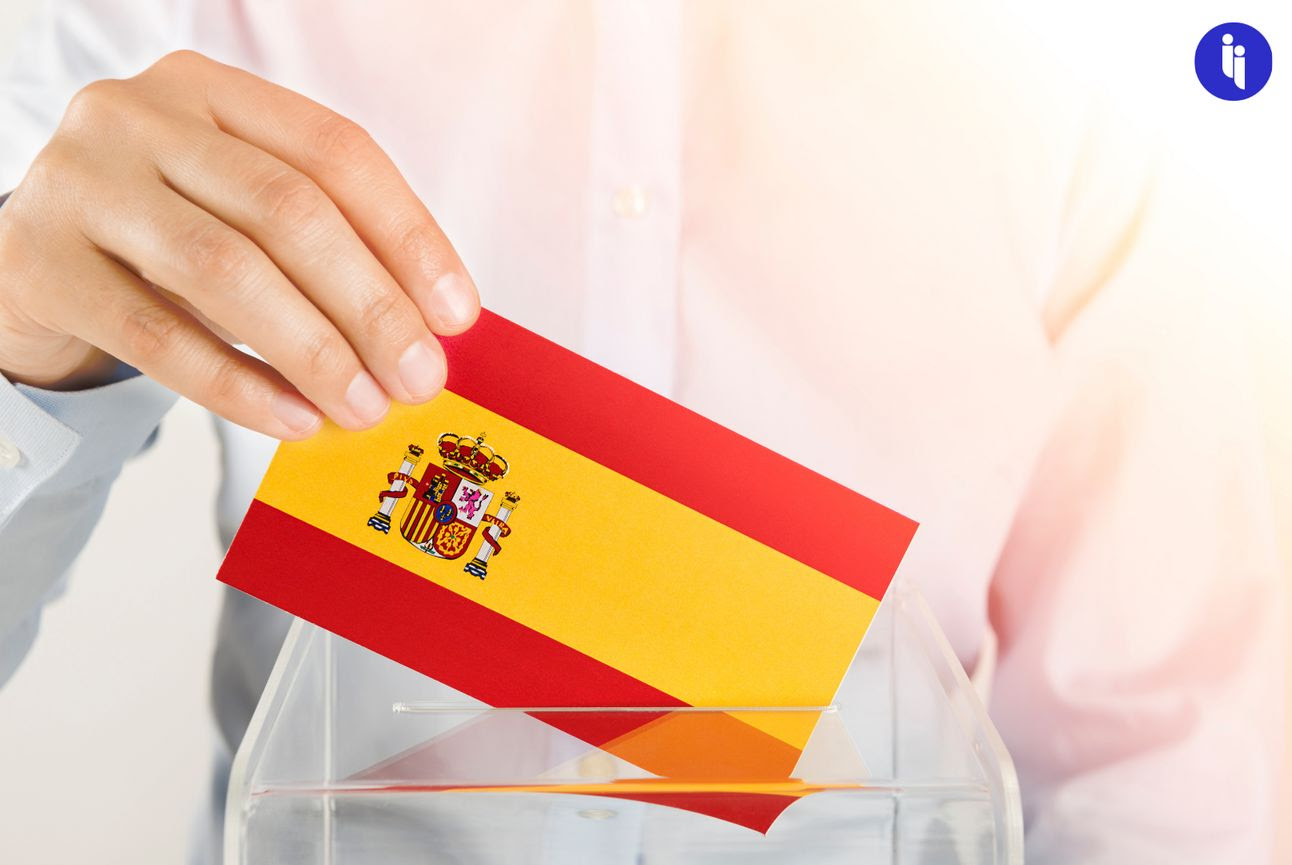As broadly expected, Spain’s conservative bloc won the most seats in elections yesterday (Sunday), but not enough for an outright majority.
Prime Minister Pedro Sanchez, once described as “shockingly hot“, called these snap elections in a gamble to wrong-foot his opponents, after his Socialist Party copped a drubbing in May’s regional/local elections.
Specific issues like cost-of-living were on voters’ minds, but ultimately it came down to a choice between two competing visions for Spain:
Stay on top of your world from inside your inbox.
Subscribe for free today and receive way much more insights.
Trusted by 134,000+ subscribers
No spam. No noise. Unsubscribe any time.
- ☜ Sanchez warned Spain’s conservatives would “undo the country’s advances” by partnering with the populist Vox party (further to the right) to form a government, while
- ☞ His opponent Alberto Núñez Feijóo promised to end ‘Sanchismo’, a catch-all term for what critics contend is a leftist Sanchez movement propped up by various secessionist parties
In the end, Spain’s voters landed somewhere in the middle, with the conservative opposition slightly ahead but lacking the 176 seats needed to take power.
So what happens now?
King Felipe VI (who rocked some quality menswear at Wimbledon) will likely invite the opposition to try to form a government. But many MPs have refused to back any government that includes the controversial Vox party.
So the prime minister could hold onto power, but he’d need some controversial partners of his own: secessionist parties could demand a referendum on Catalan independence in return for their support.
In the end, Spaniards may be back at the ballot box again later this year.
Intrigue’s take: All governments have messy inboxes these days, and frustrated voters often turn to smaller parties promising sharper solutions. But in Spain, it seems something else happened: smaller parties mostly lost seats, but they’re now shaping up as king-makers.
So it’ll be a while before all this dust settles, but that’s kinda the point of the parliamentary system: it’s not ‘winner-takes-all’, but ‘winner-takes-months’ …to keep negotiating until a representative government emerges.
Also worth noting:
- JPMorgan foreshadowed last week that an inconclusive result “could be the least market and growth friendly outcome for the additional uncertainty it would trigger.”
- Spain took over the six-month rotating EU presidency on 1 July.








